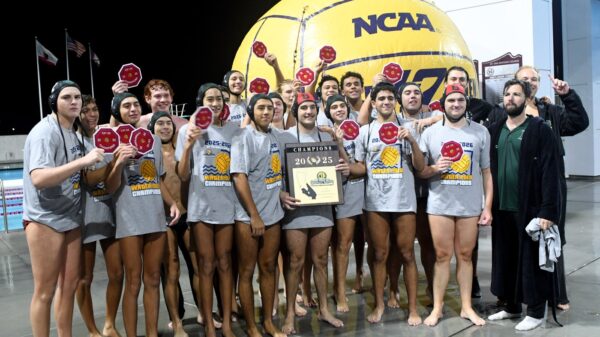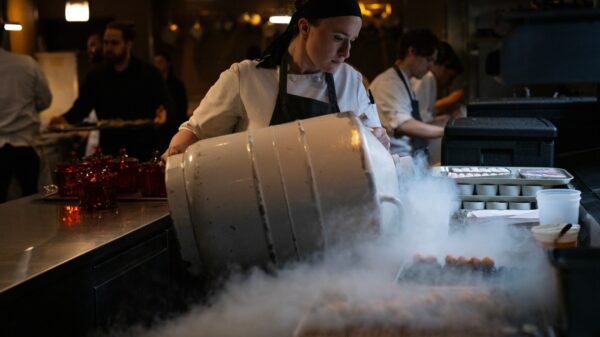In a significant development for Chicago’s culinary landscape, the esteemed restaurant Alinea has lost its coveted third star from the Michelin Guide. This change marks the first time since 2011 that Alinea, which has held this honor since the guide began covering the city, will no longer carry the prestigious rating. Chef Grant Achatz and his partner, Nick Kokonas, revolutionized fine dining with Alinea, but recent evaluations have led to this notable demotion.
Alinea opened its doors in 2005, quickly establishing itself as a destination for gastronomes seeking innovative dining experiences. Under Achatz’s leadership, the restaurant became synonymous with avant-garde cuisine, relying heavily on sensory experiences rather than traditional descriptions of dishes. Patrons were encouraged to embrace the artistry of flavors, textures, and aromas. The restaurant’s prix fixe model granted customers complete trust in the chef’s vision, a concept that resonated with food enthusiasts.
Impact of the Michelin Rating Change
The Michelin Guide’s decision to revoke Alinea’s third star has sparked discussions about the evolving dynamics of fine dining in Chicago. The guide assesses restaurants based on several criteria, including the quality of ingredients, mastery of cooking techniques, and consistency across the menu. While the reasons for Alinea’s demotion remain undisclosed, the impact is palpable, particularly for a restaurant that has been a cornerstone of Chicago’s dining scene for nearly two decades.
The announcement of the demotion was preemptively made by Alinea, a strategic move that highlights the restaurant’s proactive approach. Despite this setback, Alinea continues to be a venue for significant celebrations, with many patrons saving for special occasions. The Michelin Guide’s revisions have led some to speculate that it aims to maintain its relevance by periodically adjusting ratings, much like promotions and relegations in sports.
Changing Tastes and Restaurant Dynamics
Chicago’s dining environment has transformed since Alinea’s inception. The rise of casual dining and a growing skepticism towards fine dining have shifted public perception. Critics often label high-end dining as elitist, and as new culinary trends emerge, established restaurants face the challenge of maintaining their relevance. Achatz’s partner, Kokonas, has taken a step back from daily operations, which may have influenced Alinea’s direction.
As the city embraces neighborhood-centric dining experiences, the competitive landscape intensifies. New establishments continuously emerge, creating pressure for long-standing restaurants to innovate and adapt. The success of shows like “The Bear” reflects a cultural appreciation for the struggles and triumphs within the restaurant industry, underscoring the challenges of sustaining excellence over time.
Despite the loss of its third star, Alinea remains a symbol of culinary artistry in the Midwest. The restaurant has set benchmarks in the fine dining sector, and its legacy is far from diminished. As the Chicago dining scene evolves, it is crucial for the community to support its culinary leaders, both in times of acclaim and during more challenging periods. Chef Achatz has contributed immensely to the city’s gastronomic identity, and his work continues to resonate with diners and critics alike.
As reservations remain highly sought after at Alinea, the restaurant’s ability to adapt to changing tastes while preserving its core values will be key to its future. The culinary journey is often fraught with ups and downs, but the commitment to excellence and innovation can pave the way for continued success.






































































